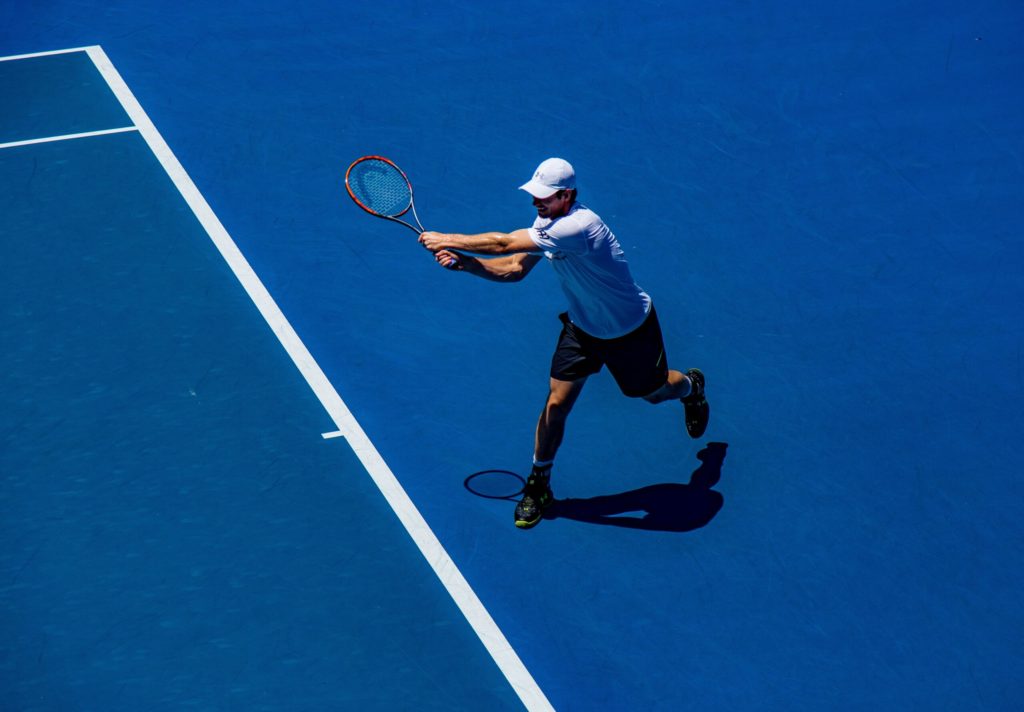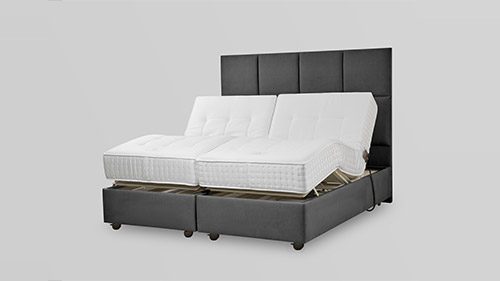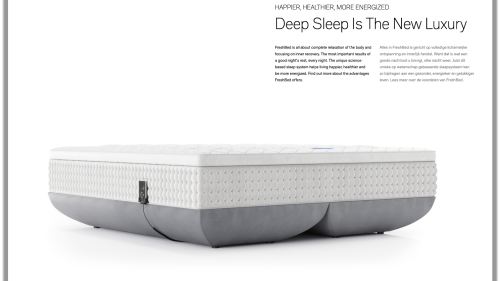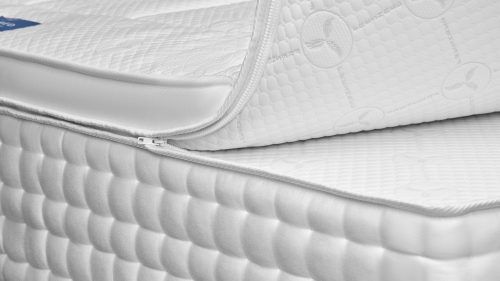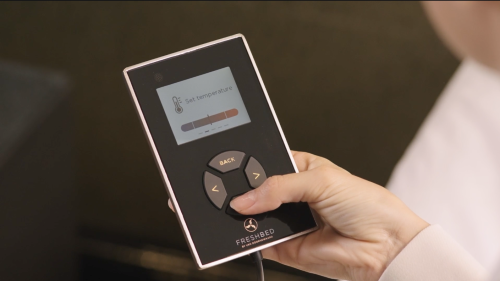While those of us in the Northern Hemisphere consider July and August the summer months of rest, relaxation, and holidays spent lounging by the sea, athletes the world over are hard at work training and preparing for some of the biggest sporting events of the year. From Wimbledon to the Tour de France, Formula 1 to the Rugby League final and every match, race or triathlon in between, summer is anything but relaxing for the world’s greatest athletes.
But while their summers are not relaxing, this is not to say that athletes don’t rest. In fact, quite the opposite. In addition to a strict regimen of training, exercise, and diet, more and more top athletes are crediting sleep as an important factor in remaining at the top of their game.
And it’s not hard to see why. Athletes of all sports follow an intense training schedule. Practising for hours in the gym or on the field each day requires a level of focus and energy that can be as taxing mentally as it is physically. On top of that, world championships mean world travel, and unfortunately, world travel comes with jet-lag and disruptions to the body’s natural sleep schedule.
Sleeping to recover and heal their muscles, recharge their mind, and reset their focus isn’t just a luxury for athletes, it’s a professional necessity.
We all know, however, that the harmful effects of not enough sleep are the same for athletes as anyone else: decrease in stamina, attention, reactivity, strength, attentiveness…all skills necessary to perform at an elite level, on the field as well as in the boardroom.
So while your own career may not rest solely on how fast you can run or how high you can jump, what can you learn from the sleeping habits of top athletes? How can you sleep like a champion and perform at your ultimate peak, day in and day out?
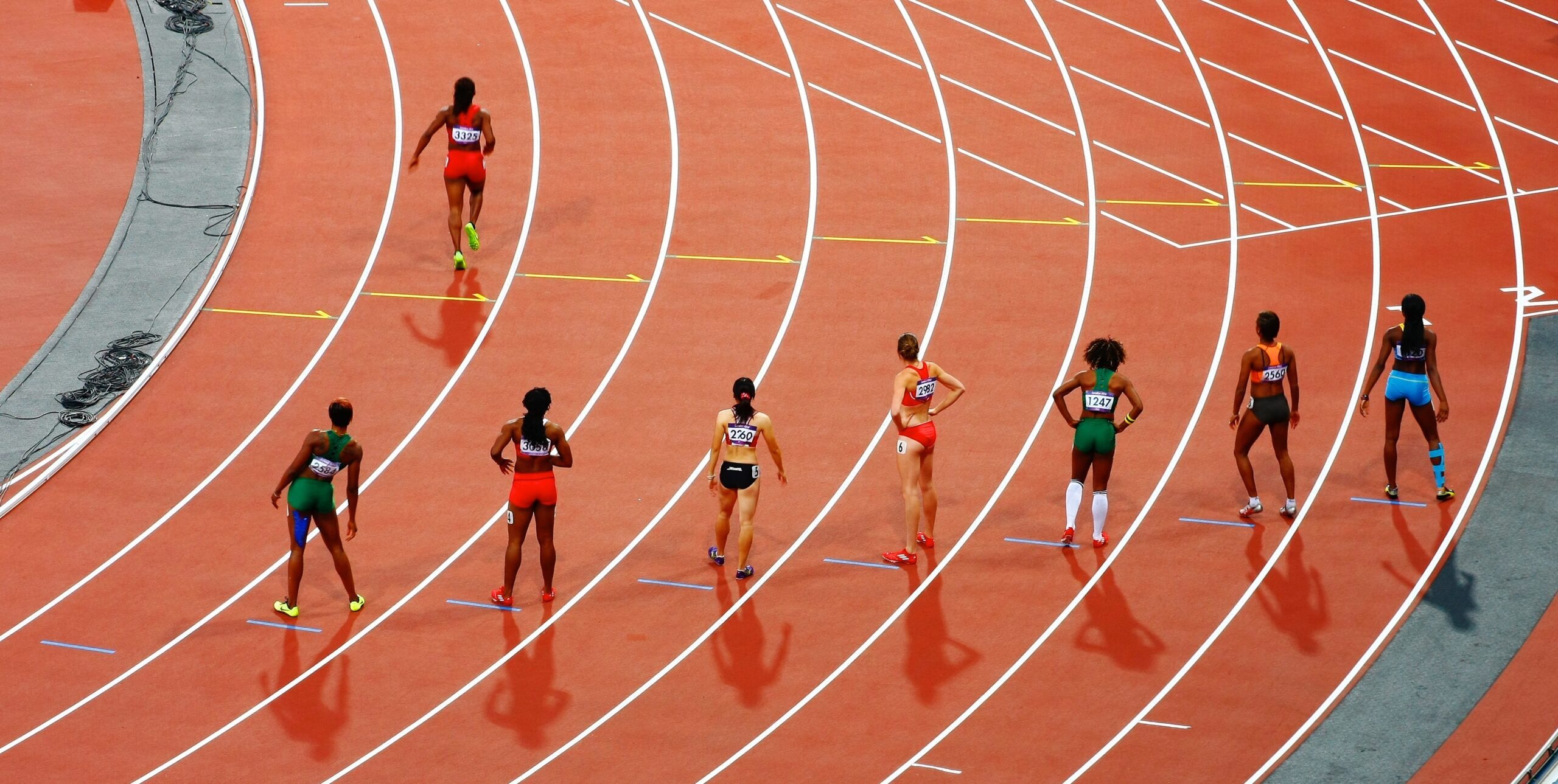
In an eye-opening study by Stanford researcher Cheri Mah published in the academic journal SLEEP, professional basketball players saw a 13% increase in performance after sleeping on average 2 hours longer each night (the minimum recommended goal was 10 hours).
“A good night’s sleep is mandatory. No questions about that,” speed skater Chris Creveling said in an interview about the sleep habits of Olympic athletes for Van Winkle’s. “Without proper sleep, you will most definitely get sick frequently, lose focus and concentration, suffer in performance and just about every aspect of life. I had to change all of my sleeping habits and daily routine to incorporate more sleeping into my busy schedule.”
All of the athletes interviewed swore on a regimen of at least 8 to 10 hours per night. So if you are looking for a quick win, that’s a good place to start. Increase the length of time you sleep each night in small increments until you are hitting at least 8 hours each night.
But what else can you do to ensure optimal sleep? Let’s look to the athletes to find out.
- Optimize your environment. Athletes will do the best to control what is easily within their means to control. So take specific measure to make your bedroom dark, quiet, and cool. Install blackout curtains, invest in hypoallergenic bedding and pillows, remove digital appliances whose sounds or lights may disrupt sleep, and reduce any other distractions in the room that could interfere with your sleep performance.
- Invest in the right equipment. Imagine a race car driver that drove any old car, or an Olympic sprinter that wore any shoes he could find. It wouldn’t happen. Athletes invest in the best equipment for their sport because they want to be the best, and if you are spending 8 or more hours sleeping, the same care should be spent choosing your bed.
- Avoid overheating. Athletes need to cool down after a strenuous exercise, with sleep allowing the body time to recover and recuperate. Research shows that a cool room is best for this, with thermo-neutral temperatures for the human body falling between 27 and 29 degrees Celsius. Within this range, not too hot or humid and not too cool, the body no longer needs to work on regulating its temperature so the heart rate slows down and recovery begins. Our own research at FreshBed confirms this, which is why we developed an adjustable climate control and ventilation technology in FreshBed which silently and actively regulates the temperature between the sheets all night long. By removing the problem of night-time overheating, FreshBed allows your body to sleep longer and deeper during this crucial recovery period.
- Maintain a consistent sleep schedule. Athletes follow a rigid doctrine of Eat, Sleep, Perform, Repeat. Treat your sleep like a part of your regimen and strive to go to bed at the same time each night.
- Calm your mind. Athletes need to face each game with focus and a clear head. They can’t allow an upcoming game psych them out mentally and risk throwing off the game. Follow their lead and precede sleep with a pre-bed routine of relaxing activity which allows your body to gently wind down and anticipate sleep. This could be reading, journaling, meditation, or any offline activity that works for you.
- Keep the end goal in mind. Start viewing sleep as a performance enhancer, and treat it like an investment to help you reach your goals.
Whether you’re a sports fan or an Olympic gold medalist, it’s clear that an investment in sleep is an investment in health, focus and performance. So most importantly of all, make the decision to make it a priority in your life.
When you begin to treat sleep as a necessary factor in achieving your goals and reaching your peak performance, you will find yourself literally sleeping your way to the top of your game.
